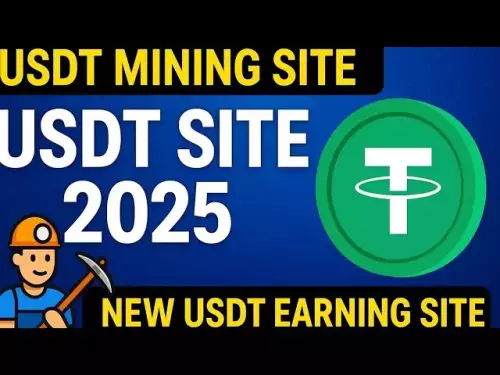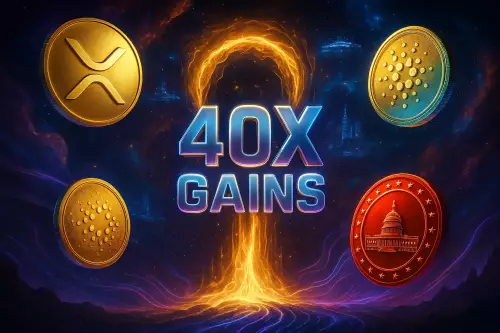Explore Wyoming's pioneering role in DAOs and decentralized governance, including the innovative DUNA structure and its potential impact on the crypto landscape.

Wyoming, DAOs, and Decentralized Governance: A New Frontier
Wyoming is solidifying its place as a crypto-forward state. With innovative legal frameworks for DAOs, specifically the Decentralized Unincorporated Nonprofit Association (DUNA), Wyoming is setting the stage for a new era of decentralized governance.
Wyoming's Pioneering Role
Wyoming has a history of leading the way in business structure innovation. From introducing the LLC in 1977 to now championing the DUNA in 2024, the state is consistently at the forefront of adapting legal frameworks to new economic realities. Senator Cynthia Lummis has openly welcomed crypto projects to Wyoming, highlighting the state's commitment to fostering a crypto-friendly environment.
The Rise of DUNAs
The DUNA structure is designed to allow DAOs to operate with legal clarity while maintaining their decentralized nature. This is a significant step, as many DAOs have previously opted for incorporation in places like the Cayman Islands or Switzerland, or have operated without any formal legal structure. The Uniswap Foundation's proposal to adopt a Wyoming-registered DUNA, called DUNI, exemplifies this trend. It allows the Uniswap community to ensure their on-chain decisions are enforceable off-chain.
Impact on Uniswap and Beyond
The Uniswap Foundation's proposal to establish DUNI is a pivotal moment. It addresses potential legal and tax liabilities for governance participants. The proposal outlines the transfer of $16.5 million worth of UNI to a DUNI-owned wallet for legal and tax purposes. If adopted, it could be a model for other DAOs seeking legal recognition without sacrificing decentralization.
A Governance-First Approach
Projects like Kula, a decentralized impact-investment platform, are further demonstrating the importance of governance in decentralized systems. By embedding RegionalDAOs in local communities, Kula ensures that residents, local operators, and investors have a direct role in decision-making. This governance-first model is being tested in real-world applications, such as renewable energy projects in Nepal and land restoration initiatives in Zambia.
Challenges and Opportunities
While decentralized governance models offer numerous benefits, they also face challenges. Token distribution can sometimes concentrate power, and low voter turnout can lead to decisions that don't reflect the broader community's interests. Security risks, such as vote buying, also need to be addressed. However, ongoing experimentation and innovation are driving the space forward, with new tools and standards emerging to enhance participation and security.
The Future of Decentralized Governance
Wyoming's embrace of DAOs and the DUNA structure signals a broader trend towards participatory digital governance. As regulations mature and institutional capital becomes more accessible to decentralized models, we can expect to see even more innovative applications of DAOs in various sectors. From community-run social networks to decentralized science, the possibilities are endless.
So, keep an eye on Wyoming! It might just be the place where the future of decentralized governance is being written. And who knows, maybe one day, we'll all be governed by DAOs while sipping lattes in Cheyenne. Until then, stay decentralized, my friends!














































































